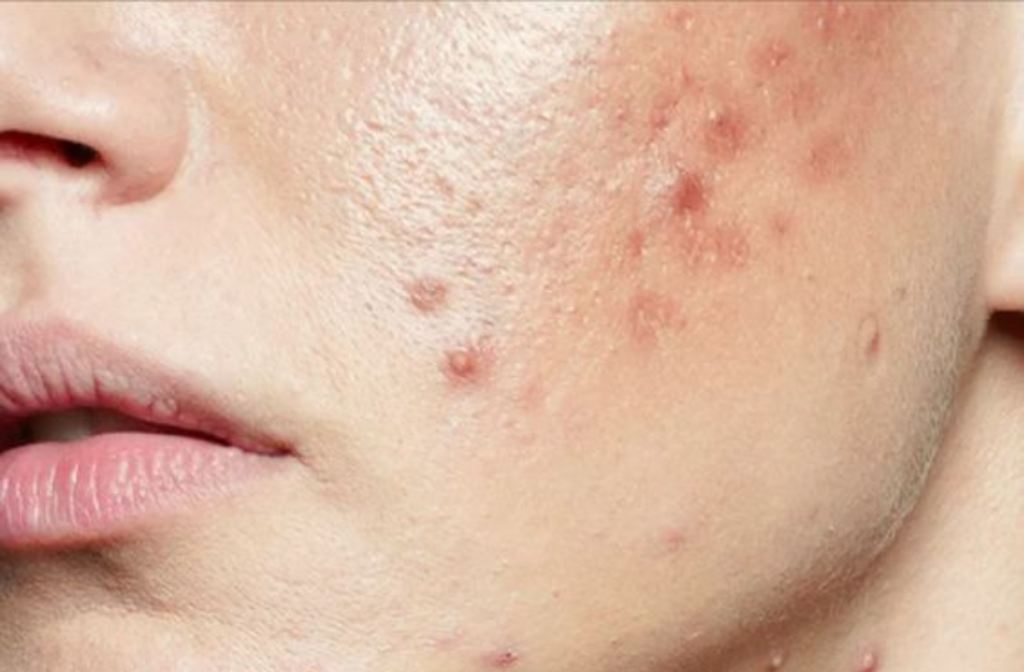
Dietary influences on skin health have been recognized for thousands of years, with one of the most enduring practices coming from Traditional Chinese Medicine (TCM). In TCM, the yin and yang theory divides everything into opposing forces—yin (cold, dark, and feminine) and yang (hot, light, and masculine). This theory extends to food and illness, with each food categorized as hot, warm, neutral, cool, or cold.
In Traditional Chinese Medicine (TCM), health conditions are classified as either yin or yang. Your diet adjusts accordingly to help restore balance to your body. For example, if you have a yang condition, which causes heat, you should eat cool or cold foods to counteract it. Conversely, a yin condition, which is cold in nature, should be treated with hot or warm foods to restore warmth.
TCM believes acne and other skin diseases can arise from an unbalanced qi (life force). Typically, this imbalance comes from an excess of yang, or heat. This state is known as yin deficiency and can show symptoms like hot flashes, night sweats, and lower back pain. Most importantly, it can cause acne and skin rashes. To correct this imbalance, TCM recommends a diet rich in cool and cold foods.
What Are Cool and Cold Foods?
Cool or cold foods include pears, apples, yogurt, broccoli, avocado, and shellfish. Most raw fruits and vegetables are considered cool or cold. In contrast, meats and dairy products tend to be neutral or warm. It’s important to not only increase cool food intake but also cut back on hot foods. Spices, onions, dairy, and meats fall into the hot food category and should be limited.
Modern Dermatological Findings on Diet and Acne
Modern research supports TCM’s belief that diet impacts acne. Studies link a diet rich in antioxidants, raw fruits, and vegetables to reduced acne breakouts. Additionally, foods low in fat and sugar contribute to healthier skin. On the other hand, a diet high in pasta, candy, chocolate, and dairy often worsens acne symptoms.
Diet Evaluation for Acne Treatment
If your acne hasn’t improved with standard treatments, consider evaluating your diet. Dietary changes may significantly help. Dr. Talakoub recommends discussing your nutrition with a dermatologist in McLean to see if it could improve your skin. A simple adjustment to your eating habits might lead to clearer, healthier skin.
For more information or to schedule an acne examination, call McLean Dermatology & Skincare Center at 703-356-5111.


